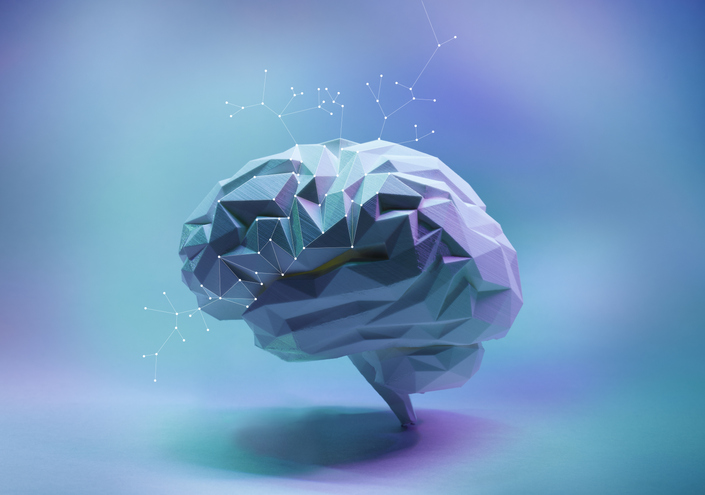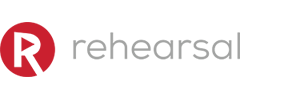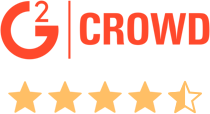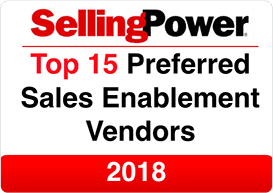
The ability to adapt is what takes learning to the next level. We aren’t talking about learners adapting to a program or system, but rather the opposite. Typically, all learners go through the same program regardless of skill level or ability. Recent hires and senior team members are at very different competency levels, yet they are often trained in an identical manner. The problem with a one-size-fits-all approach is that not everyone gets what they need and overall program effectiveness is limited.
Imagine bringing a product into your company through acquisition or merger. Although it is used in conjunction with existing products, it differs philosophically. The requirement is that you bring all sales reps up to speed on product messaging, selling points, overcoming objections, and more. With a large dispersed salesforce you would simply launch new product training and make sure all sales reps complete it. This approach falls short in a very logical but often overlooked way. Experienced reps dismiss the importance of training due to their seniority and experience, yet they may need it the most. New reps tend to be green and look at everything with optimism and value any and all resources available to them. They take the training more seriously and are eager to apply it. Those more senior can struggle as they are set in their ways, almost pre-wired to deliver a certain message. It’s important to recognize this contrast and deliver a learning experience that meets each individual where they are.
This is one of many situations where one-size-fits-all training fails to deliver optimal results. An approach that adapts or adjusts an individual’s learning experience based on skill level and performance is the answer. Each learner is directed to resources based on their needs and performance. The result? Adaptive Learning, which allows you to scale training across competency levels while addressing the needs of each individual.
One’s ability to adapt is valuable, shouldn’t your training do the same?






